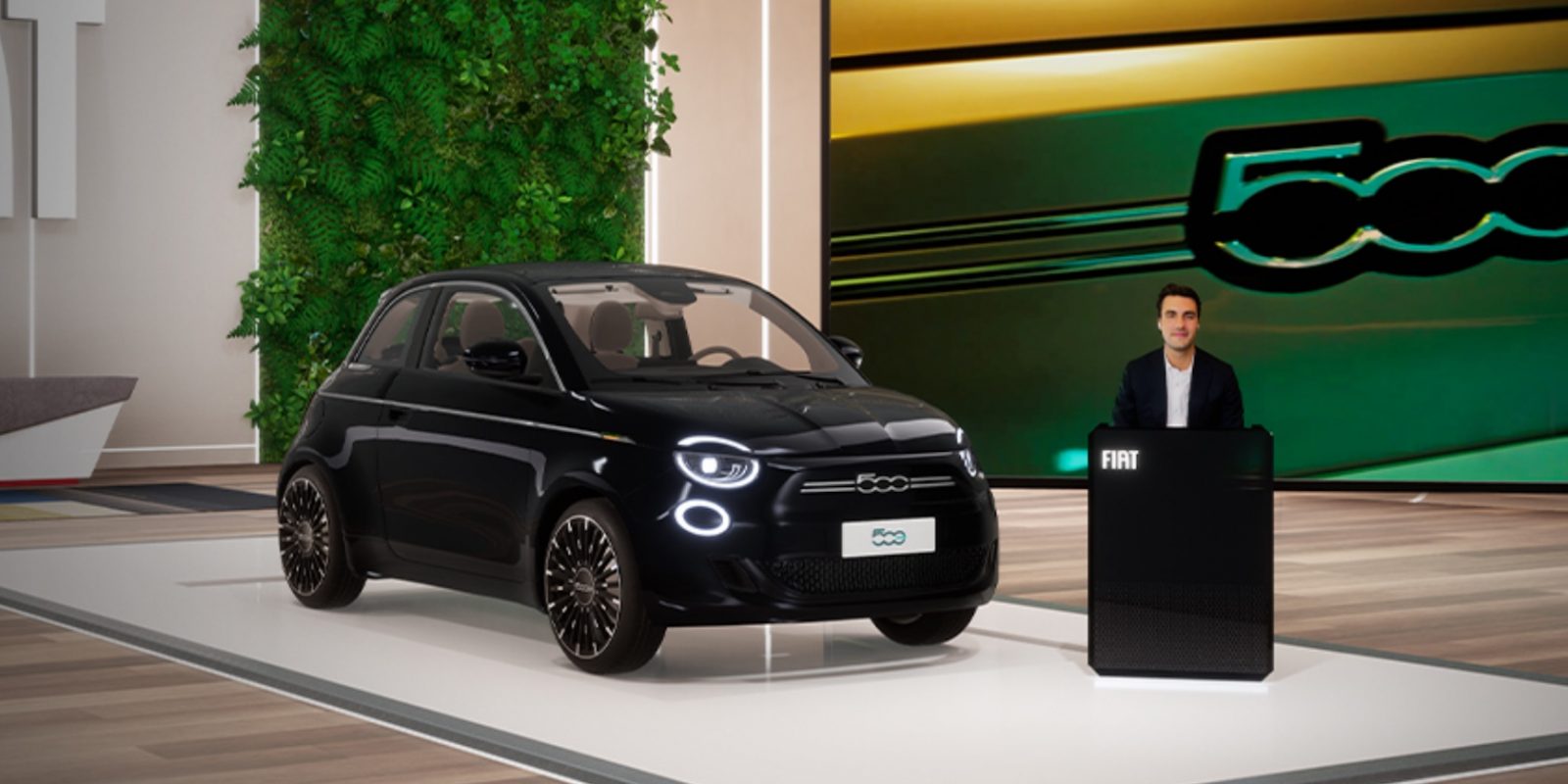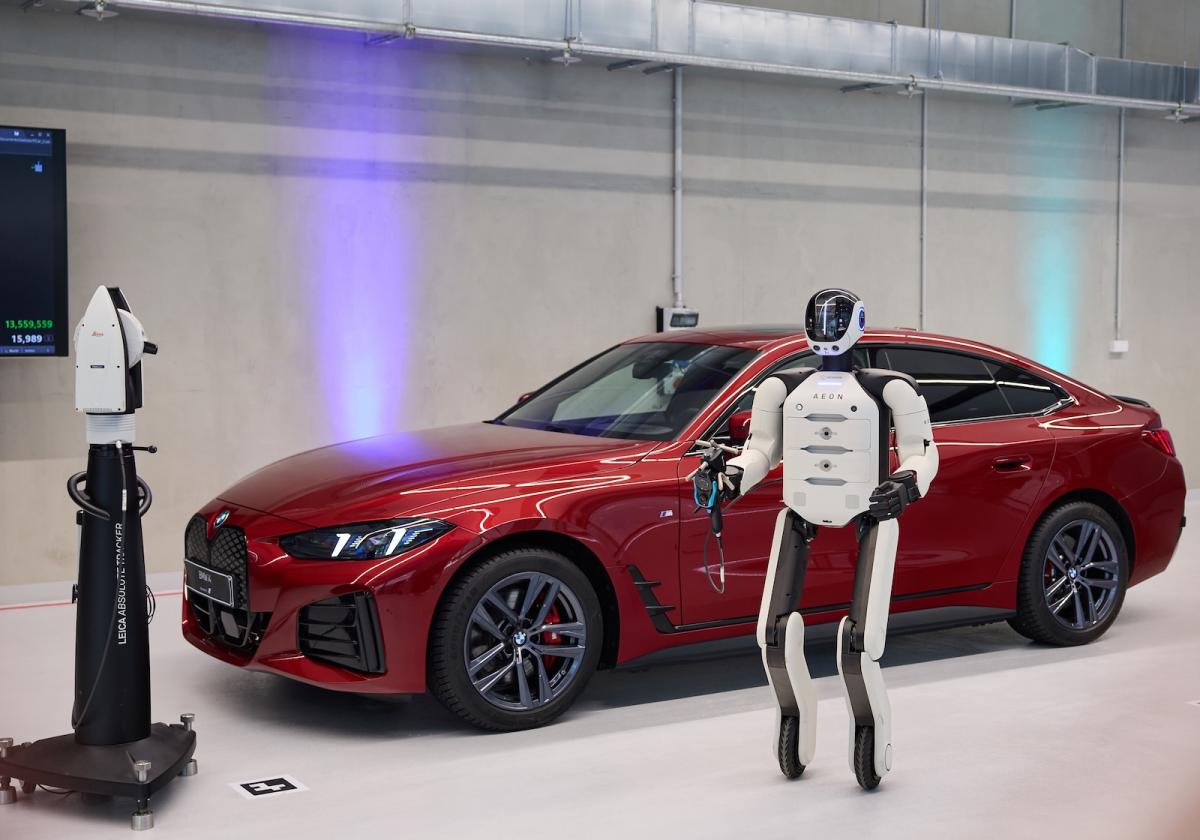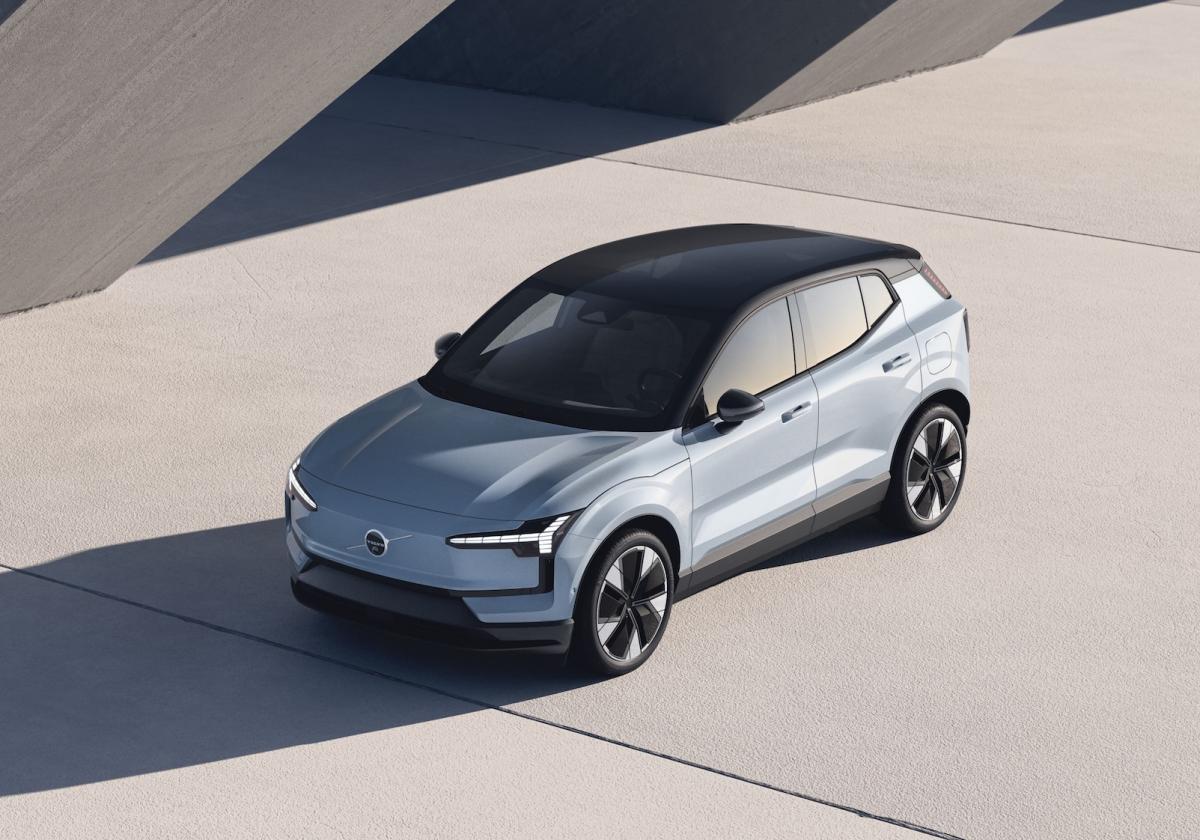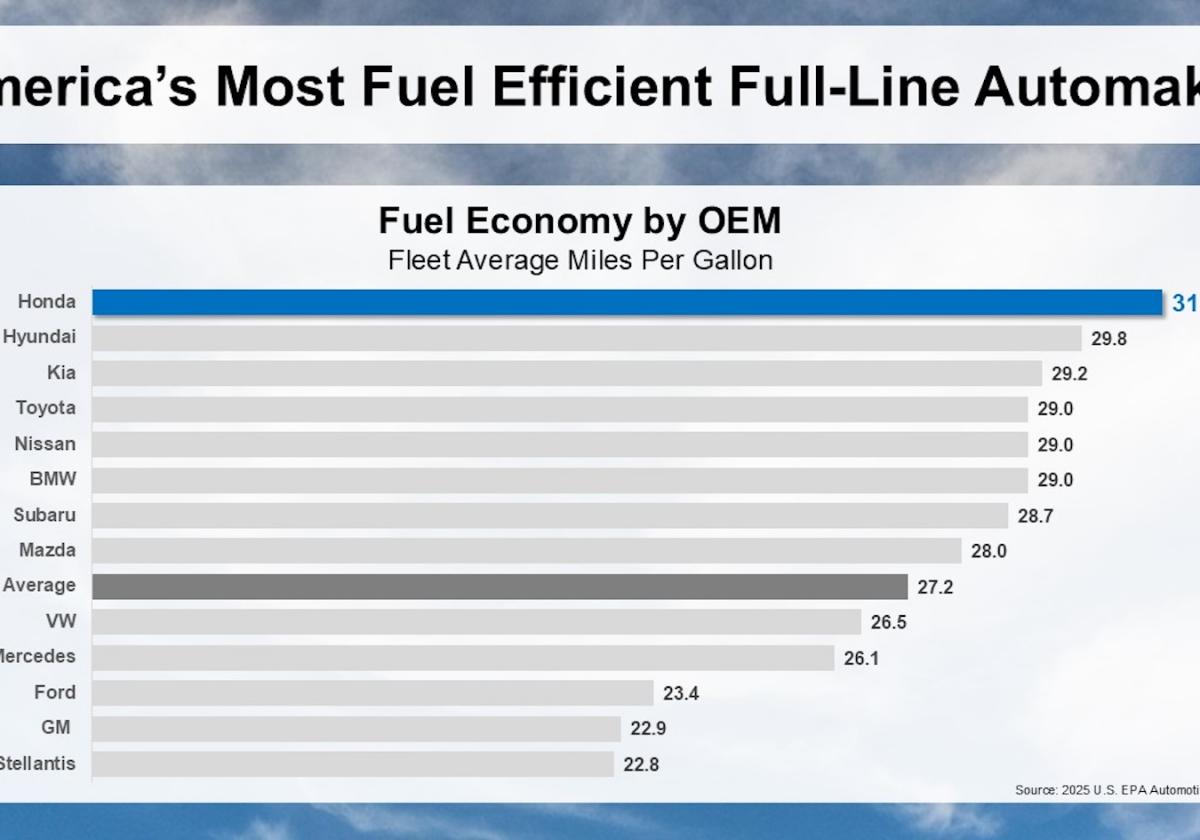- Car shopping could soon become an immersive, interactive digital showroom powered in part by ChatGPT
- Fiat and Kia are leading the way into this brave new world
- Using digital avatars, shoppers will be able to walk through a virtual showroom and interact with the vehicles
We know everyone is abreast of what ChatGPT can offer. It’s the hit online product of the year and it’s making its mark in previously unexplored spheres.
As for applications? How about car shopping from the comfort of your home? This could soon become easier with the help of immersive, interactive digital showrooms powered in part by ChatGPT, the groundbreaking generative AI platform.
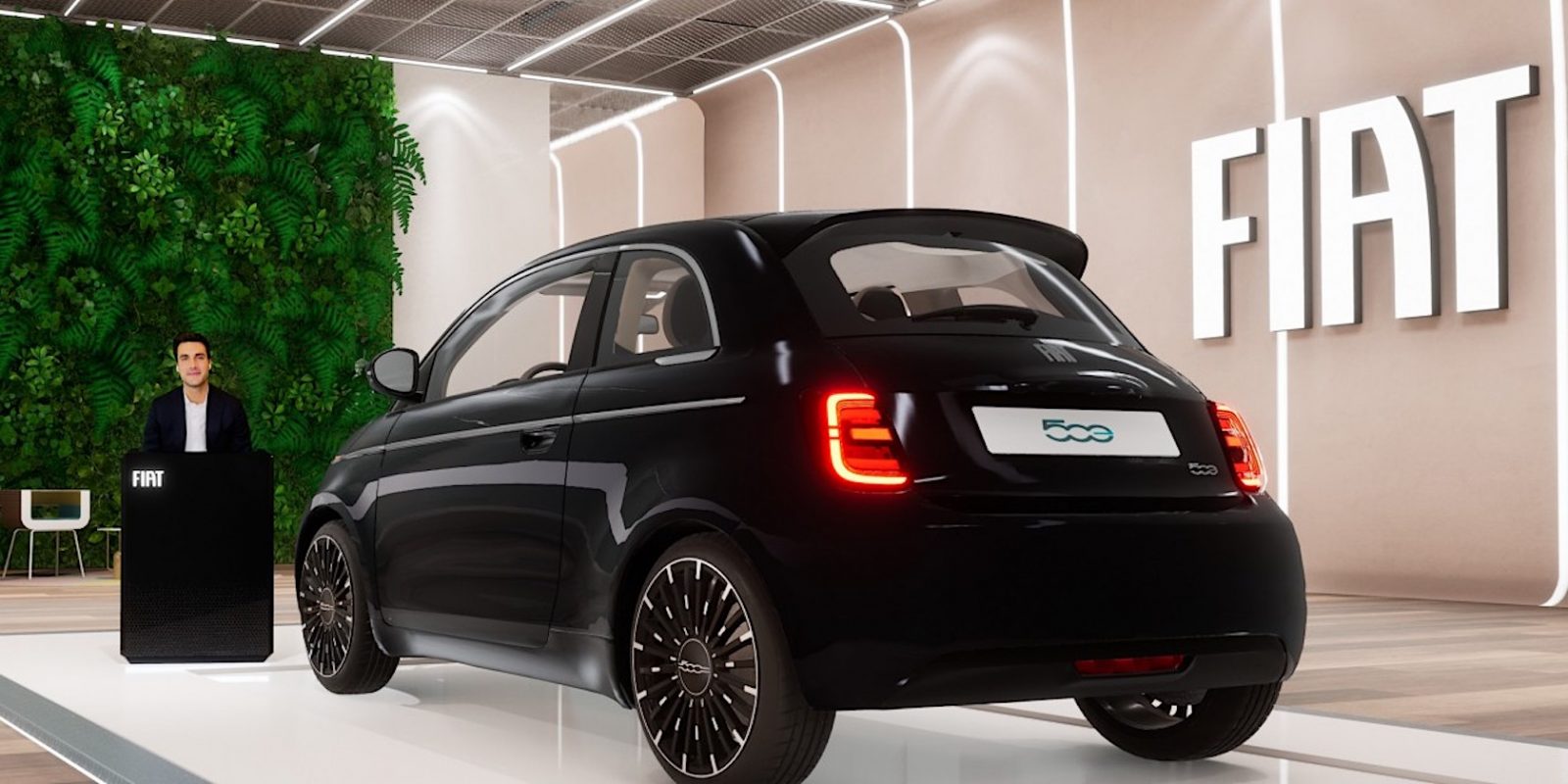
Certain carmakers are making the most of this new medium. With their newly introduced “metaverse” dealerships, Fiat and Kia both hope to revolutionize the car-buying experience.
The two automakers are also among the first companies to identify practical business apps for ChatGPT. The Fiat Metaverse Store, unveiled in January at CES, was developed in collaboration with Microsoft and software firm Touchcast.
Customers don’t need a VR headset, an avatar, or specialized hardware to access the immersive store as it’s all integrated into Microsoft Teams. Instead, they’re able to interact virtually with a human or artificial “Fiat Genius,” who can answer questions about Fiat’s cars in real-time with ChatGPT’s help. Customers can check out a vehicle’s merits, ask the Fiat Genius questions and even complete their purchase online.
Common questions get prerecorded video answers from virtual product specialists. More complex questions are referred to real humans, who can pop into the metaverse showroom from anywhere on Earth. If they don’t know the answer, ChatGPT will help them find the right information. It’s scarily simple.
According to guinea pigs of the system, the experience mimics the way a human salesperson would meet you in a dealership and you would ask them a question and they’ll say, ‘Let me show you,’ and they would walk over and open the door,'” says Touchcast CEO Edo Segal.
“People would rather call their dealer and ask, ‘Hey, how do I open the hatch?’ Right? As opposed to looking at the manual.”
The Fiat Metaverse store is currently available in Fiat’s home market of Italy, but it will expand soon to other countries, including the United States. In the meantime, Kia Germany has also unveiled a Metaverse store, which runs on Engage, a metaverse platform for business.
Customers can access the space on a mobile device or computer, but the best experience is on a VR headset.
Using digital avatars, shoppers can walk through a virtual showroom and interact with the vehicles, check out the service bays and get their questions answered by clicking on links that take them to Kia’s website. Kia and Engage are also integrating ChatGPT and other AI tools to make the experience more interactive.
Many shoppers will likely want to see their new vehicle in person before making a decision to purchase — for now, at least.
Plus, the metaverse isn’t the flashy buzzword it was even just a year ago. The grafting of the physical and digital worlds is the beginning of a massive revolution in the car-buying experience, Segal says.
“It raises the fidelity of communications,” he says. “It’s even better than being in a dealership.”
OUR THOUGHTS
Many of us might be wary of the latest apps like ChatGPT and other AI applications. But as we’ve already seen, carmakers, who started to change their sales mechanisms during Covid, are starting to rely on new tech, like ChatGPT to open a new door to car selling. I don’t know that I’d be all that ready to leave my decision-making up to an app, but I’m sure there are a lot of people who are quite happy to lean that way.

